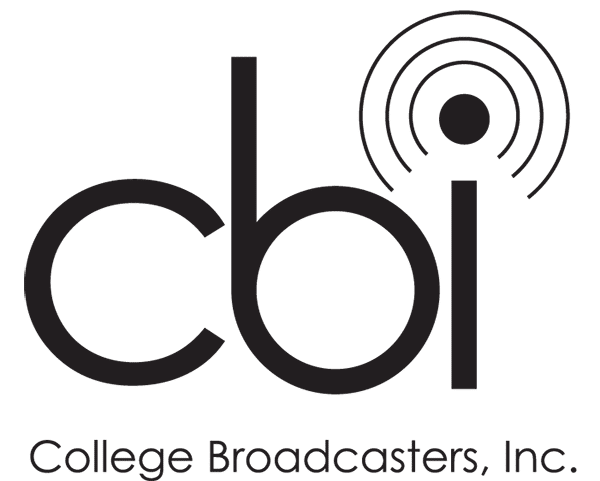October 15, 2009
Performance Rights Act Passes Senate Committee
The Performance Right Act passed through the Senate Judiciary Committee today. The action was expected, given the make-up of the committee being “content allies”. This also followed House Judiciary Committee approval last May of a similar bill (H.R. 848). However, the bills face much resistance on the House and Senate floors. There are 251 House members (a majority) and 26 Senators who have endorsed broadcaster-backed resolutions opposing any new performance royalties or fees. However, it’s always possible the proponents of S. 379 and H.R. 848, which include Democratic and Republican heavyweights, could try to attach it to some sort of must-pass bill. The committee amended the bill before passage to include new “tiers” to address pressure brought to bear by CBI members and others (see our post here). A copy of the amended bill is available here.
Even though the bill seems to address the concerns of our members, if passed it still is very problematic. As written, the bill,
- would require a royalty payment based on “gross revenue” but does not define what entities gross revenue is subject to the royalty determination. The bill should tie royalty payment to the nature of the station as is done in other areas of IP law and regulations. The gross revenue language could require stations to pay based on the gross revenue of the license holder and not based on the activities of the station which are almost always separate operations with different funding mechanisms,
- require stations to invest money to develop reports of use whose standards have not been set and would need to be litigated before the Copyright Royalty Board. CBI and others have been opposed to the overly burdensome reporting requirements placed on educational webcasters for over 7 years. We have won some relief on proposed new and additional burdens for some, but not all members in the form of regulations. Further, we have won, at least temporarily, relief through a webcasting settlement agreement. Educational stations should not have to litigate this further and the reports of use submitted to the PROs should suffice for this new proposed royalty if the act passes, and,
- the bill would place content restrictions on radio stations that interfere with their educational mission and first amendment rights.
CBI opposes this bill, however, if it is going to the floor for a vote, it needs to be amended to correct the unintended consequences it will place on educational stations as these consequences will mean the end of some stations because of their lack of an ability to comply with the new burdens and the potential for them to pay the royalties at the highest tier due to their licensee having a large gross revenue that is not at all relevant to the stations gross revenue.
Again, CBI opposes the bill, but wants to work to change the bill to correct some serious problems before it comes to a vote. You can help by calling your House Representative and Senators asking them to oppose the bill or at a minimum to support changes that would set the noncommercial fee based on the nature of the operations, not the gross revenue of the licensee, remove the content restrictions and reporting requirements.
If you have questions, please contact CBI using our contact page or call 713-348-2935



